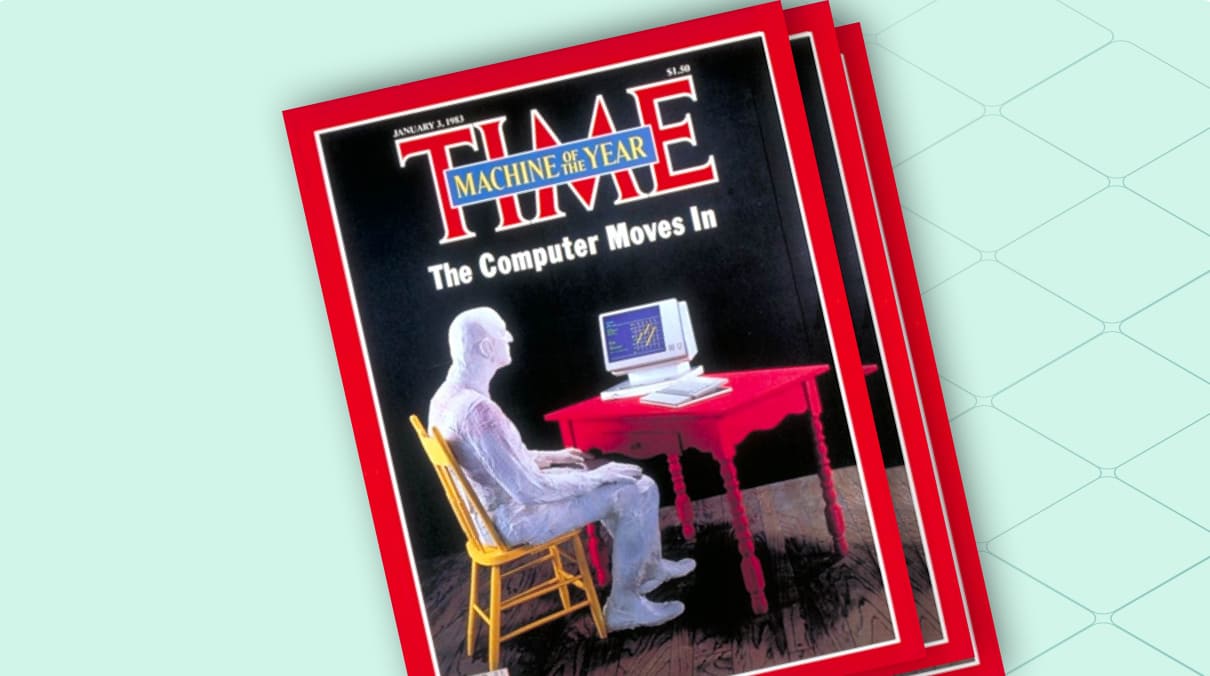AI in healthcare: From diagnosis to treatment

As the global population continues to grow and age, healthcare systems worldwide are facing unprecedented pressure.
According to the World Health Organization, the number of healthcare professionals, including physicians and radiologists, is insufficient to meet the rising demand.
This shortage is exacerbated by increased stress and burnout, pushing many out of the profession.
Becker Health reports that nearly 72,000 American physicians left the workforce between 2021 and 2022, and the influx of about 30,000 new doctors won’t suffice to bridge the gap.
These challenges—rising patient loads and a shrinking workforce—are leading to a decline in patient care quality. Generative AI, however, offers a solution by saving healthcare professionals valuable time and resources, enabling them to focus more on patient outcomes.
Unlocking the potential of generative AI
AI has been a part of healthcare for some time, with predictive and computer vision algorithms used to anticipate treatment success and diagnose diseases early.
Generative AI, however, is a newer development, gaining attention with the advent of technologies like ChatGPT. These models use neural networks to identify patterns in existing data and generate new content, such as text and images. This capability is crucial in healthcare, where organizations generate about 300 petabytes of data daily.
While generative AI cannot replace doctors, it can significantly alleviate pressure on the healthcare system by augmenting various functions. These include streamlining patient journeys, enhancing teleconsultations, managing clinical documentation, and providing critical information during surgeries.
AI assistants for medical guidance
In the wake of the COVID-19 pandemic, many healthcare providers introduced remote consultation services, allowing patients to consult doctors without visiting hospitals.
This approach, while effective, has left physicians overwhelmed. Generative AI can help by powering AI assistants with large language models (LLMs) like GPT-4, trained on medical data to handle basic medical queries and guide patients to appropriate treatments.
For more complex cases, these AI assistants can direct patients to healthcare professionals. Companies like Sanofi, Bayer, and Novartis have already implemented such AI solutions.
Streamlining administrative work with AI
Generative AI chatbots can also handle administrative tasks such as booking appointments and sending reminders, saving countless hours for human operators.
Organizations like Mercy Health, Baptist Health, and Intermountain Healthcare use conversational AI to automate patient registration, scheduling, FAQs, IT helpdesk ticketing, and prescription refills.
Furthermore, generative AI copilots can listen to patient-physician conversations, generate clinical notes, and create patient instructions, significantly reducing the documentation burden on doctors.
Enhancing data retrieval in workflows
LLMs excel at retrieval-augmented generation (RAG), which allows them to access additional data without retraining. This capability enables healthcare organizations to develop smart assistants or search systems that provide contextual answers to queries. For example, RAG-based systems can offer decision support by generating evidence-based recommendations or producing fact-based medical reports from EHR systems.
One powerful tool in this space is Seraf. Seraf allows healthcare providers to unlock crucial medical insights with a single question. By integrating with various data sources, Seraf ensures that all sensitive data, such as patient histories, drug information, and treatment guidelines, remains secure within your organization. This helps in maintaining patient confidentiality and data integrity. Additionally, Seraf’s capabilities extend to quickly retrieving patient histories, evidence-based guidelines, and drug information, thereby significantly enhancing operational efficiency and improving patient care.

The importance of data quality
Despite its potential, generative AI’s effectiveness hinges on the quality of the data it is trained on.
Poorly prepared or biased data can lead to flawed outcomes, damaging the organization’s reputation. Healthcare providers must ensure their data is well-prepared and free of personally identifiable information (PII) before proceeding with training and inference stages to enhance clinical and administrative efficiency.
Generative AI holds immense promise for healthcare, offering solutions to some of the industry’s most pressing challenges. By leveraging this technology, healthcare providers can improve patient care, streamline operations, and address the growing demands on their systems.
Get valuable insights about AI and business automation
Rely on Seraf, AI that consolidates all your systems




